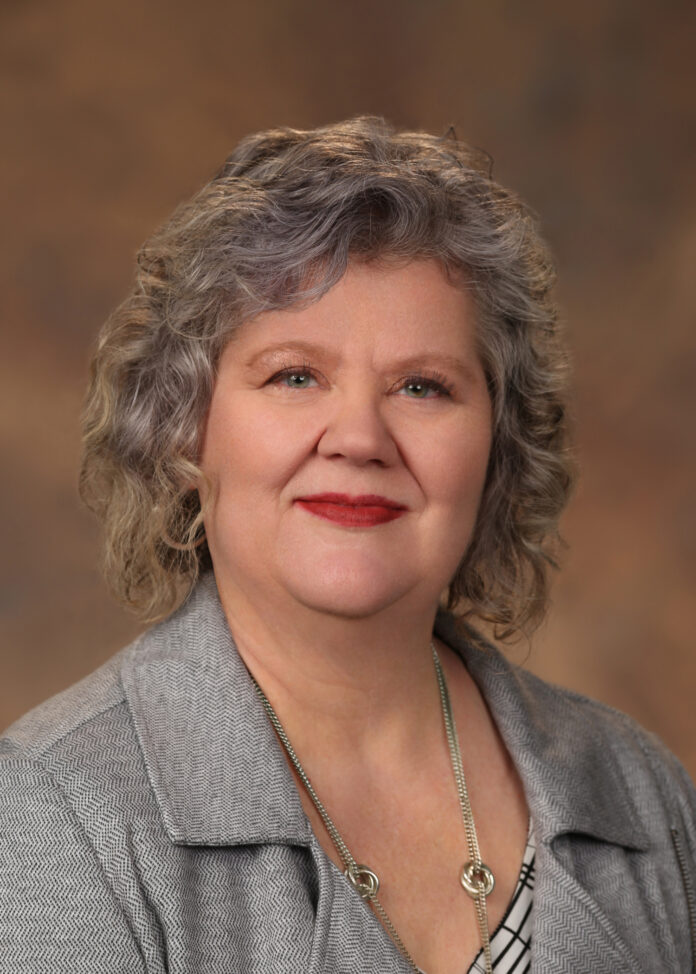
By Carol A. Cates, MSN, MBA, RN
Chief Nursing Officer
Odessa Regional Medical Center
When my daughter was an infant, there was an infant that was in the news because she was abandoned out in a field in the Houston area, and eventually died. The cause of death was fire ant bites.
This story, over 30 years later still stands out vividly in my memory because that baby and my daughter shared a birthday. I remember thinking “how could a parent do that?!?!?!” This mother was suffering from post-partum depression, and she thought that someone would find her baby and the baby would be “better off.” Her mental state did not allow her to see how her actions were more dangerous to the baby than staying in her care would have been. It was the first time I remember hearing the words “post-partum depression.” Unfortunately, it wasn’t the last. Post-partum depression is like any kind of depression, it can quite literally pose a threat to life, and it needs to be taken very seriously.
Post-partum depression is depression that occurs after childbirth. It is not “baby blues.” Baby blues happens to most women where they feel sad or empty after childbirth, but those feelings go away quickly, for most people, within 3-5 days. Post-partum depression occurs when those feelings last more than 2 weeks and are accompanied by a feeling of hopelessness. When people experience those types of symptoms, it is not normal.
Post-partum depression is also common. 1 in 8 moms experience some form of post-partum depression according to the Centers for Disease Control and Prevention (CDC). Thankfully post-partum depression is very treatable. Post-partum depression is usually caused by the rapid changes in estrogen, progesterone, and thyroid hormones that occur within hours of childbirth.
According to the US Department of Health and Human Service’s Office on Women’s Health, symptoms of post-partum depression last for more than 2 weeks and include: feeling restless or moody, feeling sad, hopeless, or overwhelmed, crying a lot, having thoughts of hurting the baby, having thoughts of hurting yourself, not having interest in the baby, not feeling connected to the baby, or feeling as if your baby is someone else’s baby, having no energy or motivation, eating too little or too much, sleeping too little or too much, having trouble focusing or making decisions, having memory problems, feeling worthless, guilty, or like a bad mother, losing interest or pleasure in activities you used to enjoy, withdrawing from friends and family, and having headaches, aches and pains, or stomach problems that don’t go away.
Those at highest risk for post-partum depression are first time moms and mothers of multiples (twins, triplets, etc.).
Post-partum depression is also more common in moms under 25 or over 40. Those that already have a personal or family history of depression are also at higher risk.
Other things that can contribute to post-partum depression are: lack of a good support system, previous problems with a pregnancy or birth, relationship or money problems, drug and alcohol abuse, babies with special needs, difficulty breastfeeding, and unwanted pregnancies.
One of the biggest issues with post-partum depression is getting moms to talk about it and seek treatment. Often moms are reluctant to talk about their symptoms because they feel embarrassed or guilty about the depression related feelings because they don’t want to be seen as not being happy or as being a “bad mom.” The opposite is true, those that seek care when they have these feelings are not bad moms, they are the best of moms because they know something is wrong and do something about it.
Please reach out to your primary health care provider, your obstetrician, or pediatrician if you are experiencing the symptoms of post-partum depression for more than 2 weeks. If those feelings keep getting stronger, if you cannot care for yourself or your baby, or you have thoughts about hurting yourself or your baby, don’t wait 2 weeks, seek care immediately. If you want to learn more about post-partum depression you can reach out to the Office on Women’s Health at 800-994-9662 or on their website at tinyurl.com/2p992b6h



